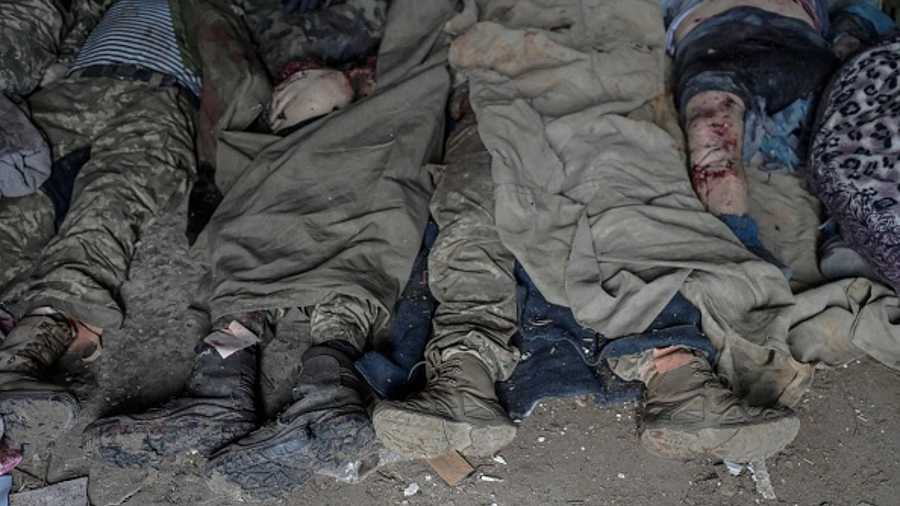Residents of the southern Ukrainian city of Mykolaiv awoke on Saturday morning to the sounds of a fierce battle, hours after Russian shelling hit several civilian areas, damaging a cancer hospital and sending residents fleeing into bomb shelters.
The early morning fight was concentrated in the north of the city, said Colonel Sviatoslav Stetsenko of the Ukrainian Army’s 59th Brigade, who was stationed near the front lines.
“They are changing their tactics,” Vitaliy Kim, the Mykolaiv region governor said. “They are deploying in the villages and lodging in village schools and homes. We cannot shoot back. There are no rules now. We will have to be more brutal with them.”
For nearly two weeks, Russian forces have been trying to encircle the city and cross the Southern Buh river, which flows through Mykolaiv and is a natural defence against a Russian push towards the west and Odessa, the Black Sea port city that appears to be a prime Russian objective.
Russian forces had not crossed the river as of Saturday morning, Colonel Stetsenko said, but “they are continuing to shell Mykolaiv”.
Dip in refugee flow
Ukraine’s neighbours reported a dip in numbers of refugees on Saturday as governments and volunteers struggled to find shelter for the nearly 2.6 million mostly women and children who have fled since Russia’s invasion 2 weeks ago.
Arrivals were still building on an influx that is overwhelming volunteers, non-governmental organisations and authorities in eastern Europe’s border communities as well as the big cities to which most of the refugees head.
Poland’s Border Guard said 76,200 people arrived on Friday — a drop of 12 per cent from the day before.
New York Times News Service and Reuters











